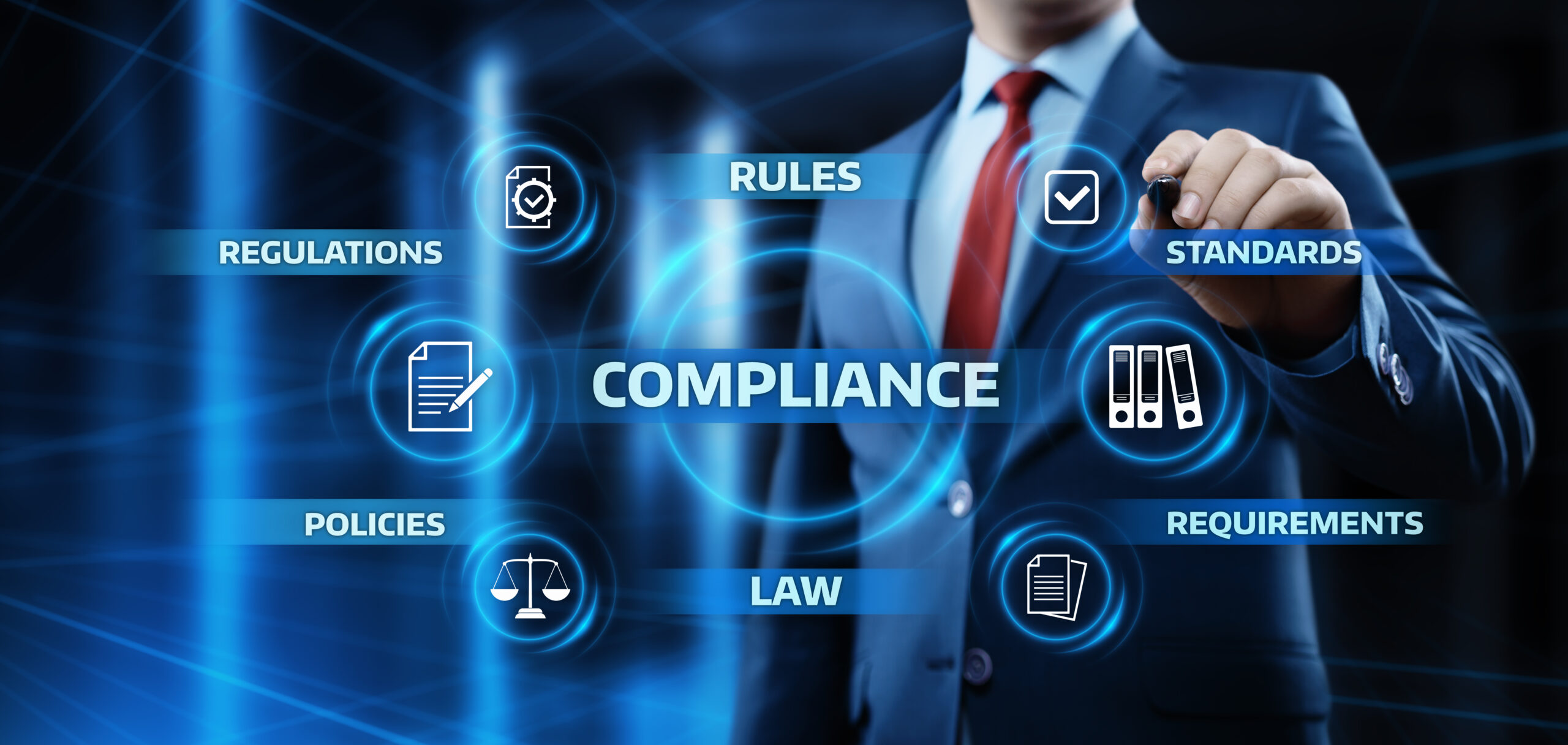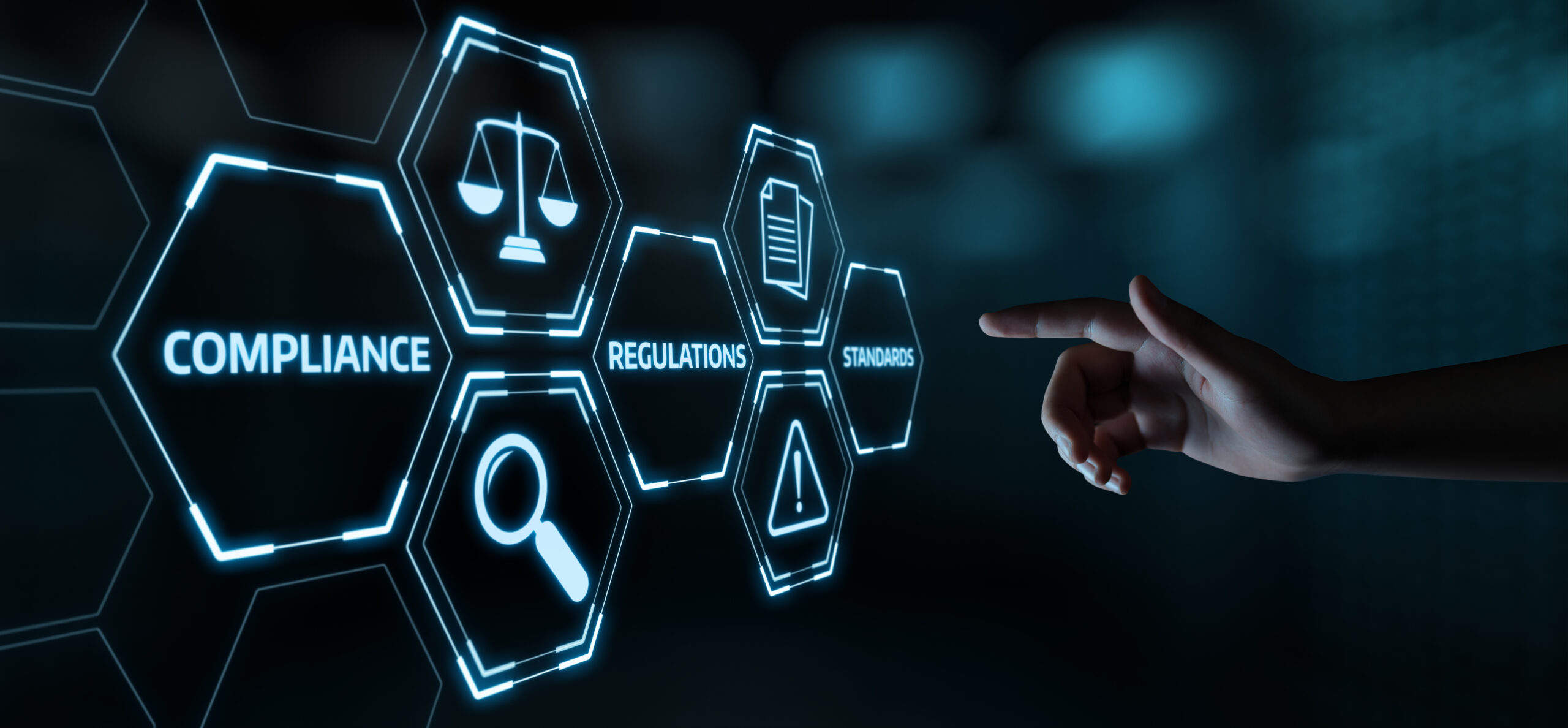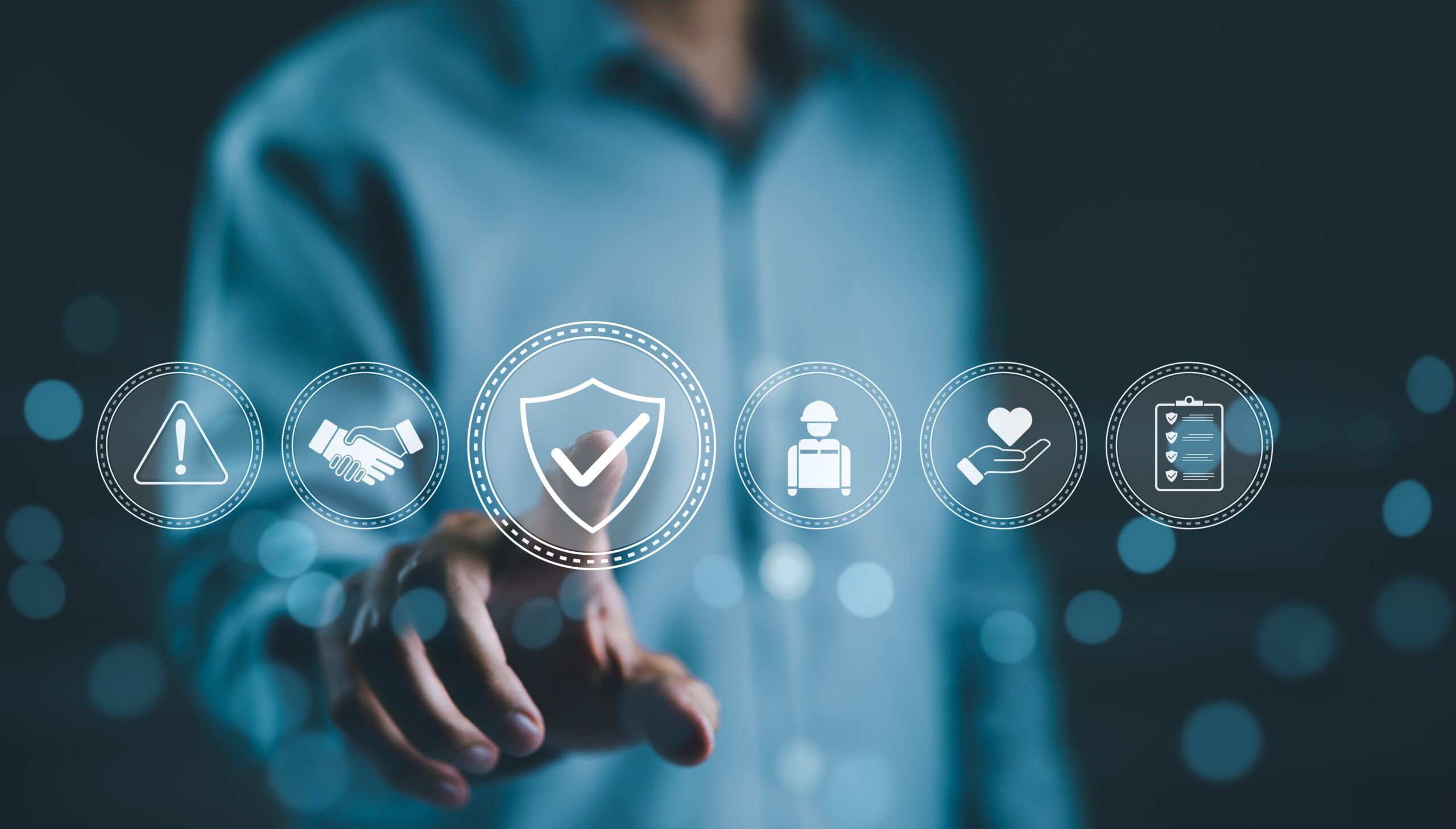Login to AFB Member Portal
Forgot login details? Recover your login details/create a password
The contents of this blog are for general information purposes only and do not constitute legal advice. Association of Foreign Banks disclaims liability for actions taken based on the materials. Readers should consult their legal advisers.
Yes, we know. ISO 20022 has been the topic for what feels like half a decade. But this isn’t another generic explainer or history lesson. This is a practical, punchy reminder of what you need to do (and what happens if you don’t), written for the person who has to make it all work.
So, before you get caught by surprise—or worse, with a surprise invoice—here are the top things to know and act on now.
"If you don’t unsubscribe (from the Swift In-flow Translator), you’ll be automatically opted in—and billed—starting January 2026."
1. Unsubscribe from the Swift In-flow Translator
Yes, really. If you don’t unsubscribe, you’ll be automatically opted in—and billed—starting January 2026.
This isn’t a real-time process either, so make sure to unsubscribe before December 2025. Otherwise, you’re subject to the charges which, apply based on your tier (see table below) and will increase at 3 months’ notice. Swift In-flow Translator can be found here.
| Global Tier | Monthly Fee (EUR) |
|---|---|
| Tier 1 | 84 |
| Tiers 2–5 | 167 |
| Tiers 6–10 | 334 |
| Tiers 11–15 | 834 |
| Tiers 16–20 | 2,500 |
Swift’s goal is to disincentivize reliance on the translator—and you’ll feel that disincentive in your budget.
2. ‘Last Resort’ Contingency Measures Are Available
As of November 2025, all payment instructions must be exchanged using ISO 20022. If you’re not ready, Swift will provide contingency measures, but they come at a cost.
Here’s what’s happening:
What’s removed?
You’ll also need to deal with stricter validation, field/identifier restrictions, and limited volumes (up to 15,000 messages/month). And yes, you’ll need to handle ISO 20022 return/rejection messages even under contingency plans.
"If you're planning on sending MTs after November 2025 - under contingency measures - that require Swift's conversion to ISO 20022, there are separate charges"
3. MT Senders: Expect Extra Costs Too
If you’re planning on sending MTs after November 2025 – under contingency measures – that require Swift’s conversion to ISO 20022, there are separate charges:
Global Tier – Monthly Service Fee
| Global Tier | Monthly Fee (EUR) |
|---|---|
| Tier 1 | 84 |
| Tiers 2–5 | 167 |
| Tiers 6–10 | 334 |
| Tiers 11–15 | 834 |
| Tiers 16–20 | 2,500 |
Traffic Band – Monthly Usage Fee
| Traffic Band | Volume (Messages) | Monthly Fee (EUR) |
|---|---|---|
| Band 1 | 0–50 | 0 |
| Band 2 | 51–500 | 25 |
| Band 3 | 501–1,500 | 90 |
| Band 4 | 1,501–5,000 | 325 |
| Band 5 | 5,001–15,000 | 1,000 |
These fees stack—so if you’re a Tier 6 institution sending 6,000 MTs a month, you’ll pay €334 (service) + €1,000 (usage) = €1,334/month.
4. Check Your Conterparty Readiness
Double-check that your counterparties are also ISO 20022-ready.
You can do this via the SwiftRef data portal (for anyone registered under a connected BIC). There, you can:
"The migration deadline for Exceptions and Investigations (Case Manager) has been pushed back to November 2027"
5. Case Manager Timeline Explained
Some good news: the migration deadline for Exceptions and Investigations (Case Manager) has been pushed back to November 2027, from the previously stated 2026.
In the meantime, take advantage of free Swift tools to help you get ready:
In Summary
You’re not alone if this feels like a moving target—but don’t sleep on this. The costs for being unprepared aren’t just financial, they’re operational. Act now to:
Because in this case, “not another ISO 20022 blog” might be the one that saves you hours – and euros.
Content Partner
A global financial services network that connects, companies, organizations, traders and investors to the financial ecosystem. We connect our clients to markets across: Securities, Commodities, Payments and Digital Assets.

13/11/2025

19/09/2025

06/08/2025

11/07/2025

12/03/2025

26/02/2025

10/12/2024

28/11/2024

13/11/2024

11/10/2024

30/09/2024

23/09/2024

18/09/2024

30/07/2024
Forgot login details? Recover your login details/create a password
